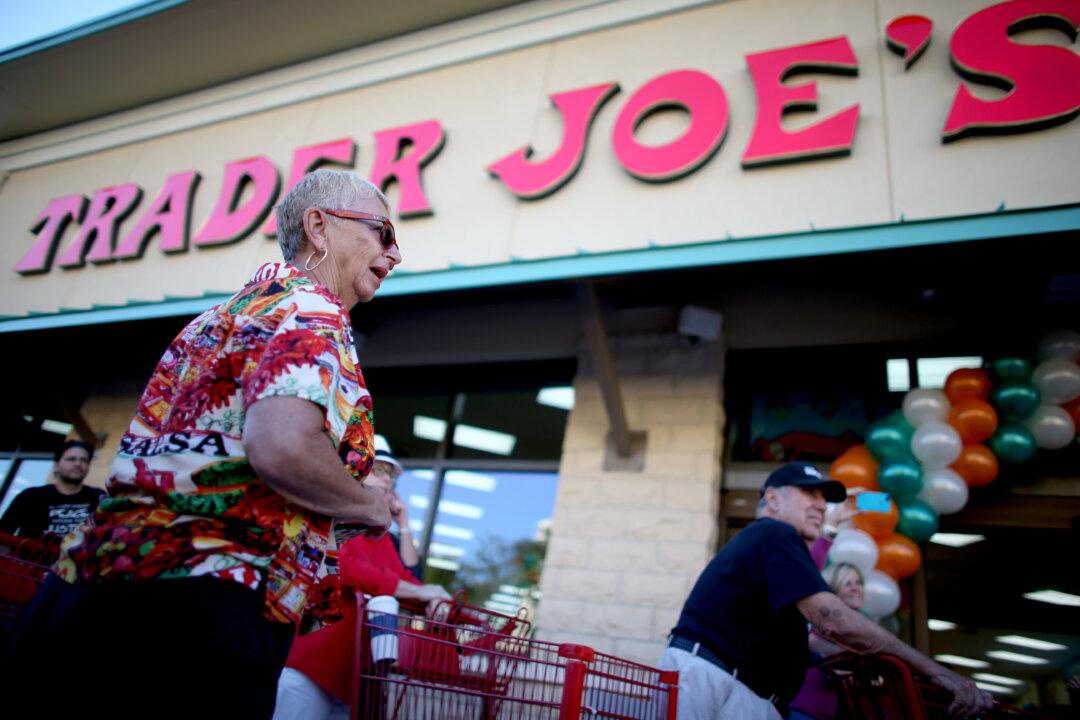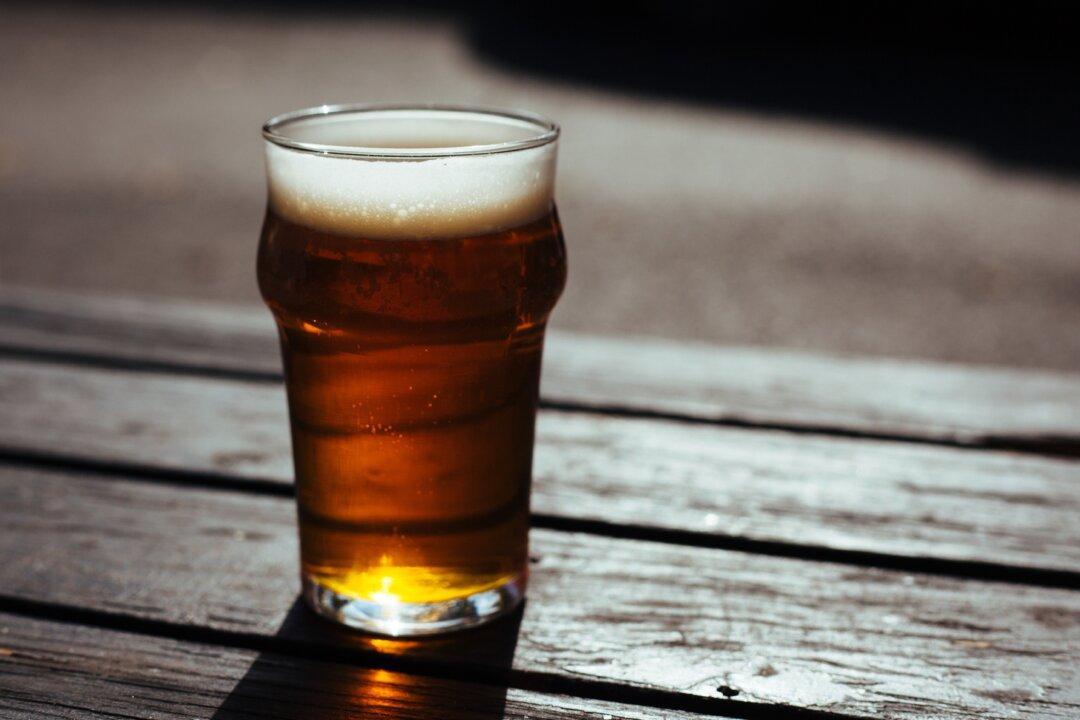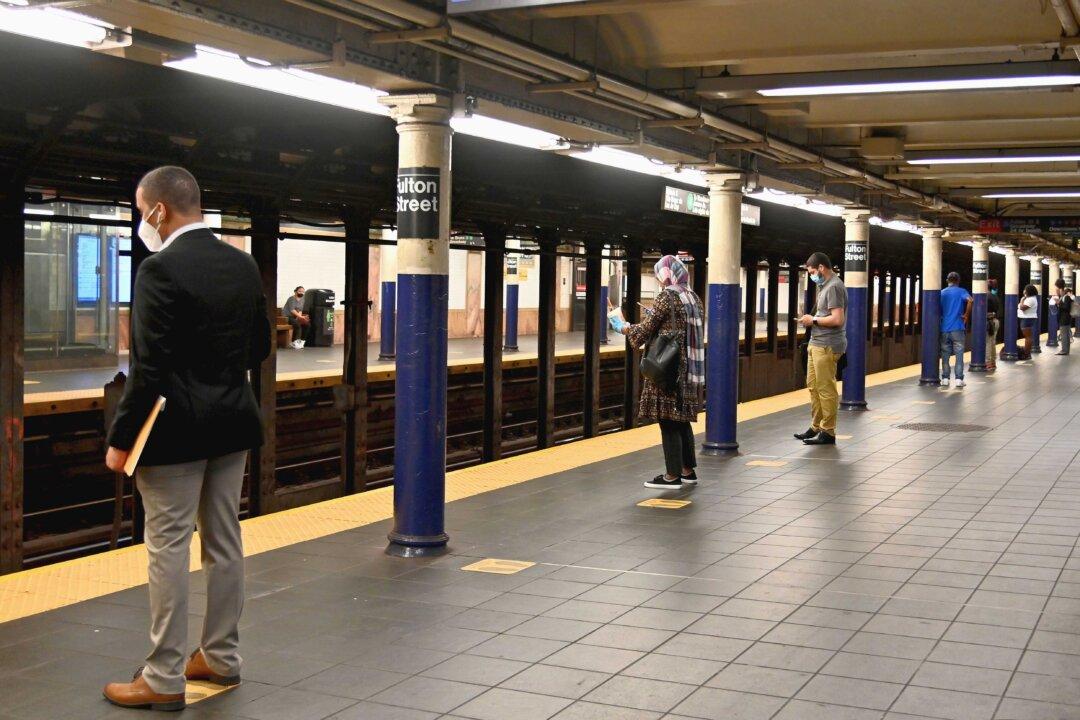Commentary
So Trader Joe’s won’t cave into a 17-year-old’s demand that it scrub its shelves of products named in such a way as to suggest cultural origins outside the 50 U.S. states. Briones Bedell, a white high schooler from the San Francisco Bay area, gave it a try. She ran a petition to, in her mind, protect Asians, Latinos and Arabs from such product labels as “Trader Joe San,” “Trader Jose” and “Arabian Joe.”





